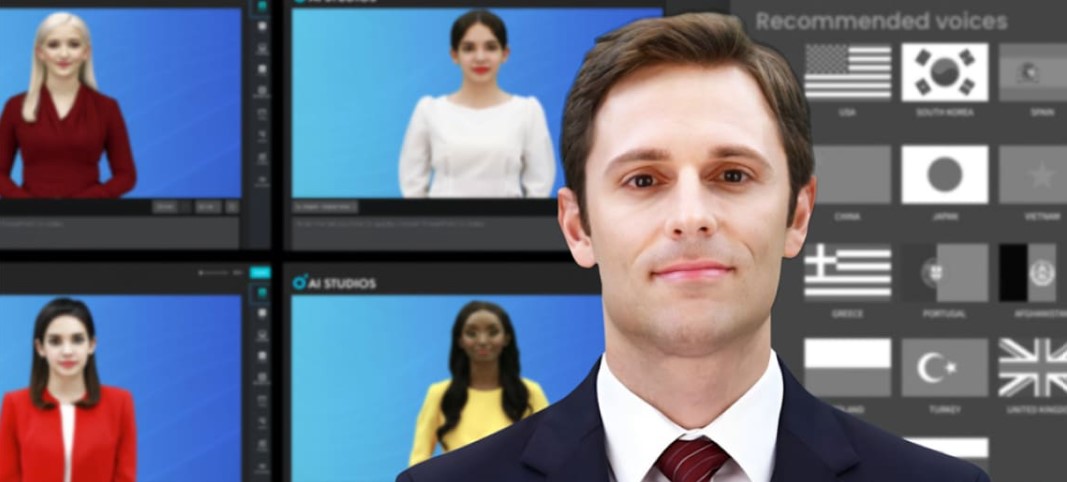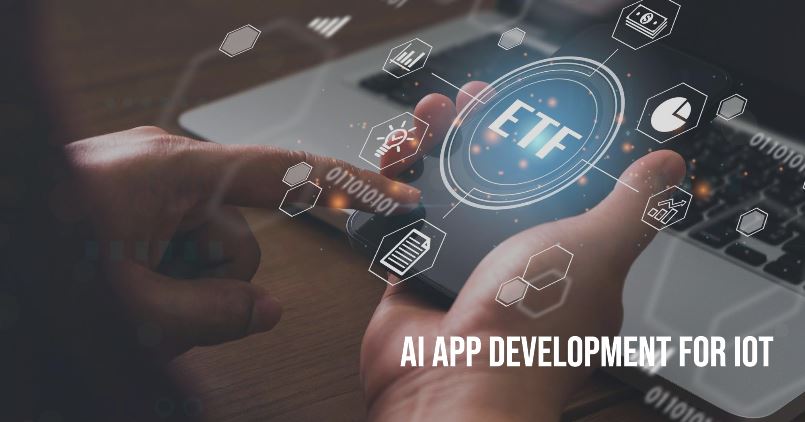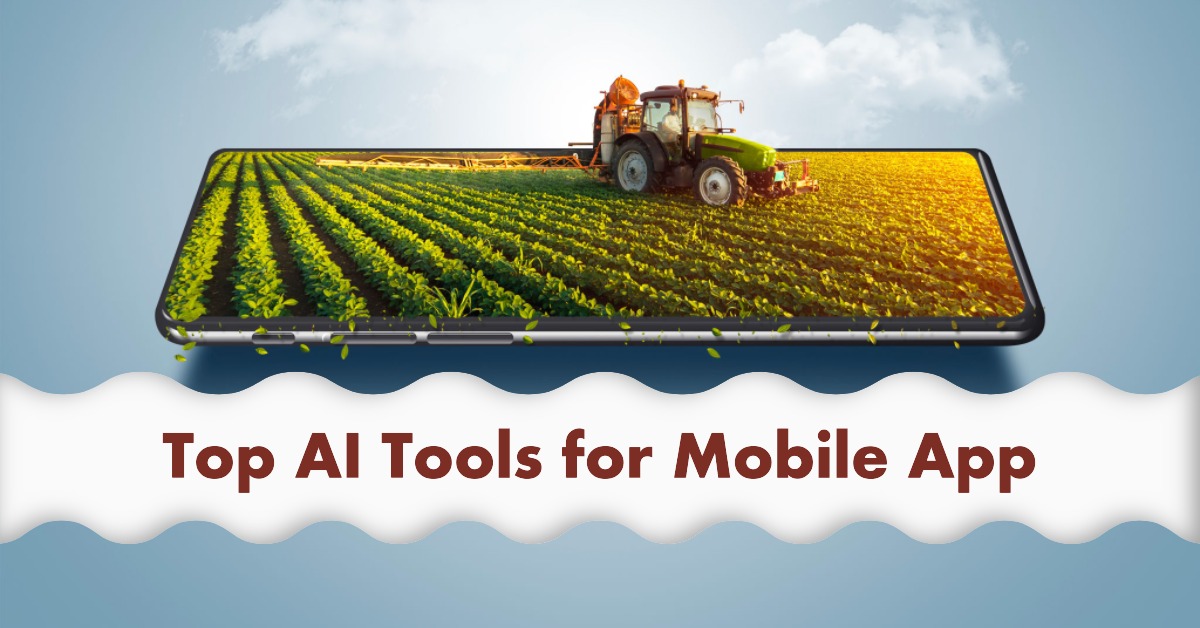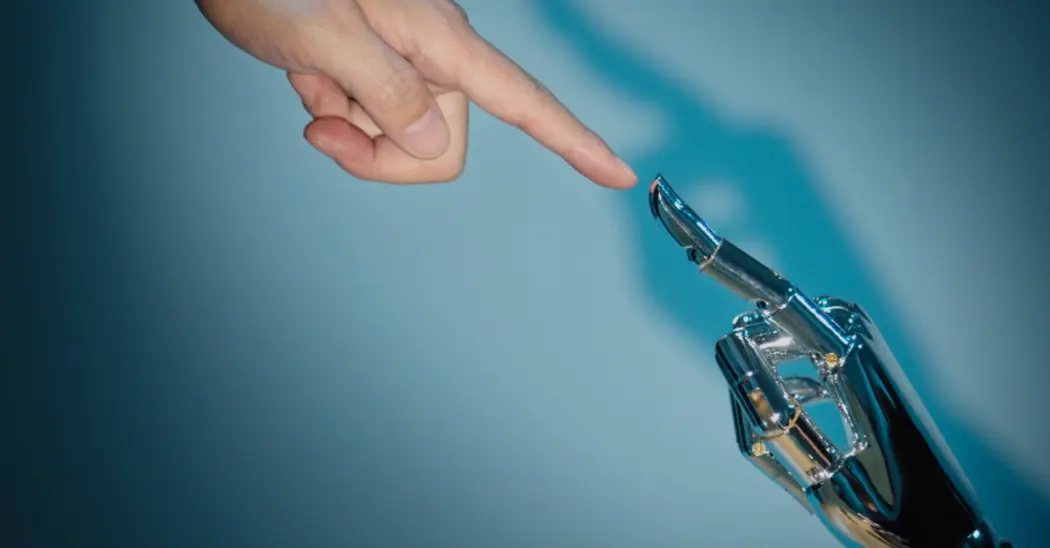Artificial intelligence (AI) has witnessed remarkable advancements in recent years, particularly in deep learning. Deep learning, a subset of machine learning, has revolutionized various industries by enabling computers to learn and make decisions like human brains. One area where deep learning has had a significant impact is AI video generators, or generadore de videos IA in Spanish. These generators leverage the power of neural networks to create dynamic and visually appealing videos. In this article, we will explore the intersection of AI video generators and deep learning and discuss how these technologies are unlocking the potential of neural networks in video creation.
Understanding Deep Learning and Neural Networks
Deep learning is a branch of machine learning that focuses on training artificial neural networks to process and analyze complex data. Neural networks are computational models inspired by the structure and function of the human brain. They consist of interconnected layers of artificial neurons, each performing calculations and passing information to the next layer.
Deep learning utilizes neural networks with multiple layers to extract intricate patterns and representations from large datasets. Through training, these networks learn to recognize and understand the underlying patterns in the data, allowing them to make predictions or generate new content.
AI Video Generators: Applying Deep Learning to Video Creation
AI video generators harness the power of deep learning and neural networks to automatically generate videos from various data sources. These generators process inputs such as images, text, and audio, and employ neural networks to analyze and interpret the data, generating visually appealing and dynamic video content.
One of the key advantages of AI video generators is their ability to learn and mimic various styles and characteristics of video content. These generators can understand patterns, visual aesthetics, and storytelling techniques by training neural networks on vast amounts of video data. As a result, they can generate videos that closely resemble specific styles or adapt to the desired artistic vision.
Also Read – Free 1400+ Bookmarking Sites list with High DA/PA
Unleashing Creativity and Efficiency
Applying deep learning in AI video generators has unleashed new levels of creativity and efficiency in video creation. Content creators and filmmakers can now leverage these tools to automate and streamline certain aspects of the video production process.
AI video generators can significantly reduce the time and resources required for video creation. Rather than starting from scratch, creators can input specific instructions or examples, and the neural networks within the generators can generate new videos based on those instructions. This efficiency allows content creators to focus on higher-level creative decisions, such as storytelling and conceptualization.
Enhancing Visual Effects and Realism
Deep learning techniques employed in AI video generators have also greatly enhanced visual effects and realism in video creation. Neural networks can learn and simulate various visual elements, such as lighting conditions, object interactions, and natural movements. This ability generates realistic animations, special effects, and visual enhancements that were previously difficult and time-consuming.
Moreover, AI video generators can leverage deep learning algorithms to analyze and interpret video content. They can detect objects, recognize faces, and understand spatial relationships within the footage. This understanding enables generators to make intelligent decisions during video creation, such as optimizing compositions, adjusting color grading, or seamlessly blending scenes.
Challenges and Future Directions
While AI video generators powered by deep learning offer remarkable capabilities, some challenges must be addressed. Training neural networks require extensive computational resources and large amounts of labeled data. Obtaining high-quality training datasets and managing computational requirements can be challenging for some applications.
Additionally, ethical considerations such as privacy, copyright infringement, and bias in generated content must be carefully addressed. AI video generators are responsible for ensuring ethical standards, respecting intellectual property rights, and mitigating potential biases in the generated videos.
Conclusion
AI video generators that leverage the power of deep learning and neural networks have transformed the landscape of video creation. These tools unlock new levels of creativity, efficiency, and realism by automating and enhancing various aspects of the video production process. Deep learning algorithms enable AI video generators to understand and mimic diverse video styles, resulting in visually stunning and captivating content. As technology advances and neural networks become more sophisticated, the potential for AI video generators to unlock the creative potential of video creation continues to expand.




